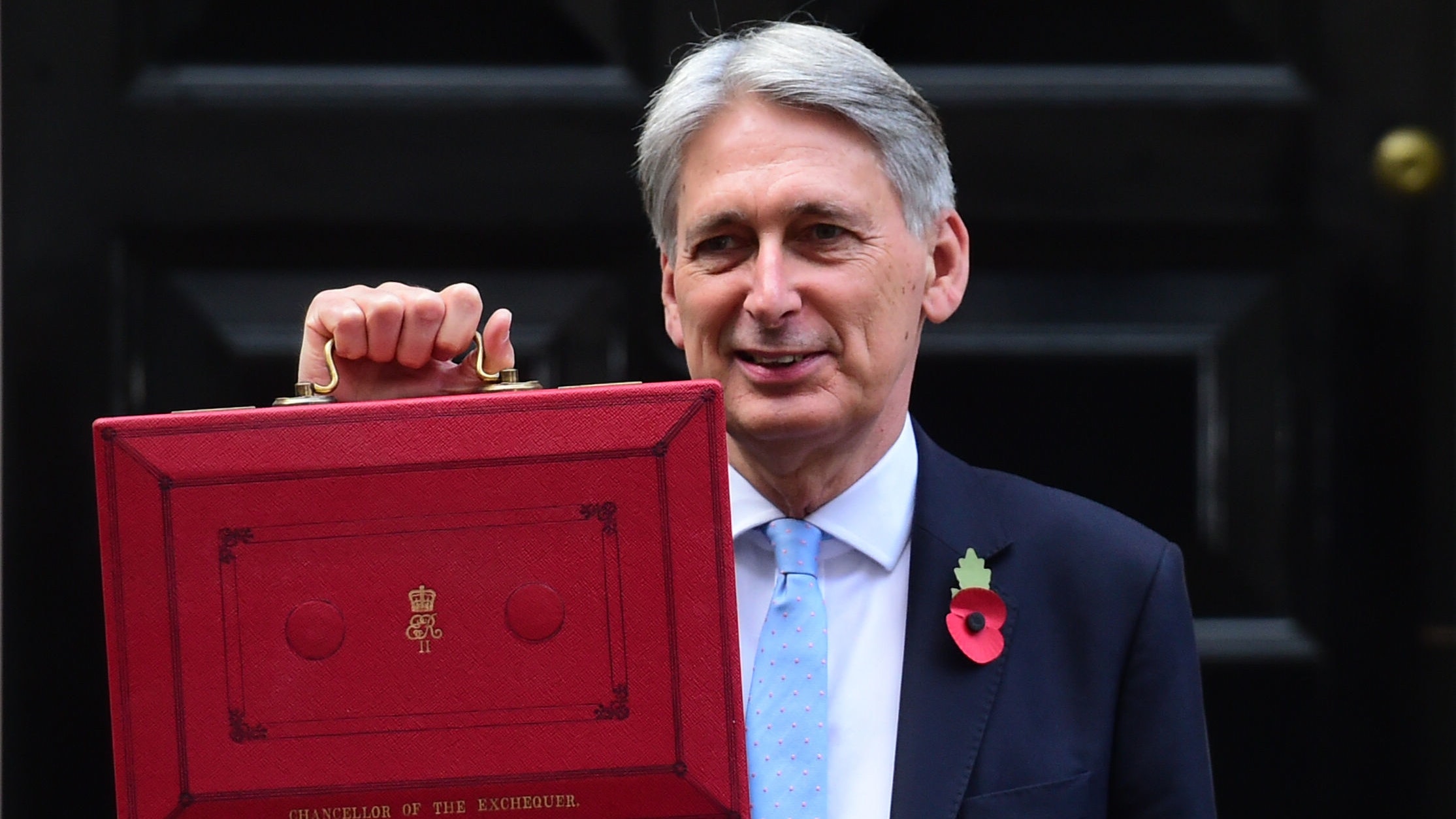Autumn Budget 2018 Summary
Autumn Budget - The Key Points

Personal tax
- Personal Allowance and higher rate threshold– The PA and HRT will rise to £12,500 and £50,000 respectively from April 2019, one year earlier than planned. Both will remain at the same level in 2020-21 and then the PA will increase by CPI (there is no corresponding commitment in relation to the HRT).
- Off-payroll working in the private sector– In line with public-sector bodies and agencies, the IR35 extension rules will be applied in the private sector from April 2020. Responsibility for operating the charge will move from individuals to the organisation, agency or other third party engaging the worker, though small organisations will be exempt.
Property tax
- Capital gains tax and private residence relief– The final period exemption will be reduced from 18 months to 9 months (with some restrictions on relief where a property is let).
- Business rates– Bills will be cut by one-third for retail properties with a rateable value below £51,000 for 2 years from April 2019 (until the next rate revaluation).
Business tax
- Digital services tax (DST)– From April 2020, a new 2% tax will apply to the revenues of certain digital businesses to reflect the value they derive from the participation of UK users, pending an appropriate international solution. The government will consult on the detailed design of the DST and legislate in the Finance Act 2020. The tax will apply to annual ‘UK’ revenues above £25m from activities relating to search engines, social media platforms and online marketplaces (of businesses with in-scope annual global revenues of more than £500m). Loss-makers will be exempt and businesses with very low profit margins will be subject to a reduced effective rate.
- Annual Investment Allowance (AIA)– The amount of qualifying investment in plant and machinery made on or after 1 January 2019 until 31 December 2020 will go up from £200,000 to £1m.
- Capital allowances– The capital allowances special rate for qualifying plant and machinery assets will be reduced from 8% to 6% (from 6 April 2019) while a new 2% non-residential structures and buildings allowance (SBA) is available where contracts for physical construction works are entered into on or after 29 October 2018.
- Corporate capital loss restriction– From 1 April 2020, the proportion of annual capital gains over a £5m allowance that can be relieved by brought-forward capital losses will be limited to 50%.
- Intangible fixed assets– There will be relief for the cost of goodwill in acquiring businesses with eligible intellectual property from April 2019. The de-grouping charge rules which apply when a group sells a company that owns intangibles, will be reformed from 7 November 2018 to align them with the equivalent rules applying to capital gains. The tax on income from intangible property held in low-tax jurisdictions to the extent referable to UK sales will apply from April 2019, as previously announced, with some changes.
- Employment Allowance– Only employers with an employer National Insurance contributions (NICs) bill below £100,000 in their previous tax year will be eligible for EA, which provides businesses and charities with up to £3,000 relief, from April 2020.
- Entrepreneurs’ Relief– For disposals from 6 April 2019 the minimum period throughout which the qualifying conditions for relief must be met will be extended from 12 months to 24 months. In addition to the current requirements on share capital and voting rights, for disposals from 29 October 2018 shareholders must also be entitled to at least 5% of the distributable profits and net assets of a company to claim the relief.
Indirect taxes
- VAT registration threshold– The current level of £85,000 will remain for a further two years until April 2022. The government will look again at the possibility of introducing a smoothing mechanism to avoid the ‘cliff-edge effect’ for small businesses once the terms of EU exit are clear.
- Duties– Fuel duty will be frozen for a ninth successive year. Duty rates on beer, most cider and spirits will also be frozen, though duty on wine will increase in line with the RPI. Duty rates on all tobacco products will increase by two percentage points above RPI inflation until the end of this Parliament.
Avoidance and evasion provisions
- Profit fragmentation– Legislation to prevent UK businesses from avoiding UK tax by arranging for their UK-taxable business profits to accrue to entities resident in territories where significantly lower tax is paid than in the UK will be introduced, as previously announced. The taxable UK profits will be increased to the actual, commercial level.
- Insolvency– Taxes collected and held by businesses on behalf of other taxpayers (VAT, PAYE Income Tax, employee NICs, and Construction Industry Scheme deductions) will get preferential treatment on insolvency from 6 April 2020 (the rules will remain unchanged for taxes owed by businesses themselves, such as Corporation Tax and employer NICs). Further, directors and other persons involved in tax avoidance, evasion or phoenixism will be jointly and severally liable for company tax liabilities, where there is a risk that the company may deliberately enter insolvency.
*summary provided by Leona Ramsey – PWC Tax Senior Associate
What Does This Mean for Harewood Clients?
The biggest part of the budget which applies to our clients has to be the increase of AIA (Annual Investment Allowance) from £200,000 per annum to £1,000,000 per annum. This increase will start on the 1st January 2019 and run for 24 months.
Now may be the right time to look at replacing any of that aging machinery or plant assets you may have. There may be no better time to make it as cost effective. To look at the options in more depth do not hesitate to to get in touch.
